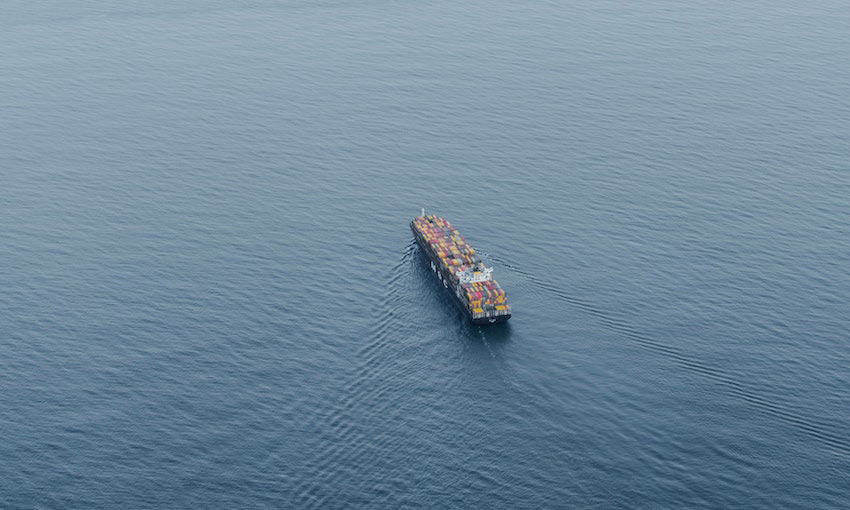FEARS of digitalisation are hindering important progress in the maritime industry, according to a new report from Wärtsilä.
The Finnish marine technology company published its report Debunking the Mythical Beasts of Maritime Digital Transformation on Tuesday.
The report addresses seven focus areas, including digitalisation, decarbonisation, regulation, decision-support, highly automated shipping, next-generation talent and fragmentation.
It suggests the maritime industry’s attitude towards these areas reflects early sailors’ fears of sea monsters.
The report found 78% of participating industry professionals agree change and technological innovation is good for the industry, but 45% admit to having a volatile attitude towards technology and 36% are resistant to change.
The report also found as many as 18% of industry professionals do not think the industry is unified in its understanding of digitalisation and why it is needed.
Michael Christiansen, vice president, Smart Vessel at Wärtsilä, said the report shows the industry agrees digitalisation is essential to the future of shipping, but there is still hesitation.
“Little tangible progress has been made to date because of wildly different and vague interpretations of what digitisation actually means,” he said.
“What’s interesting is that our report draws striking parallels between the fears and misunderstandings that gave rise to vivid stories of famous mythological sea monsters that live on in folklore today and highlights the apprehension that many modern-day maritime professionals feel towards the largely unchartered ocean of digital transformation.”
Of the 221 survey respondents, 68% believed the ability to digitalise existing infrastructure and retrofit vessels is changing, and 56% agreed the time and cost implications of digital transformation projects are too high.
Also, 63% of industry professionals perceived a lack of skills and knowledge among seafarers to fulfil the requirements of new technologies.
However, Wärtsilä said the data also highlights a clear way forward.
Seventy per cent of industry professionals indicated a clear understanding of why digitalisation is needed and its benefits, but 69% believed greater collaboration between industry players could be improved, with 88% agreeing this will be key to making digital transformation a reality.
Also, 64% of respondents recognised that people are more crucial to digital transformation than technology.
Wärtsilä said without buy-in from a larger proportion of maritime industry professionals from the outset, successful digital transformation would not be possible.
“Like the sea, digital transformation is a great unifier,” Mr Christiansen said.
“We are all in the same boat. Real progress will only happen when we collectively abandon the idea of digital transformation as all or nothing.
“As each organisation within the maritime industry will be at a different stage of its own journey, we must appreciate it as an iterative and stepwise process.”
Mr Christiansen said industry players must share and learn from each other’s experiences to bridge gaps between digital systems.
“We need to work together to build an ecosystem where digital technologies on board a ship talk to those in offices on shore,” he said.
“This is how, as an industry, we can reframe the route to digitalisation and turn threats into opportunities.”
The report is based on a survey of maritime industry professionals (managers and seafarers were most commonly represented) with data collected by Lloyd’s List Intelligence.

